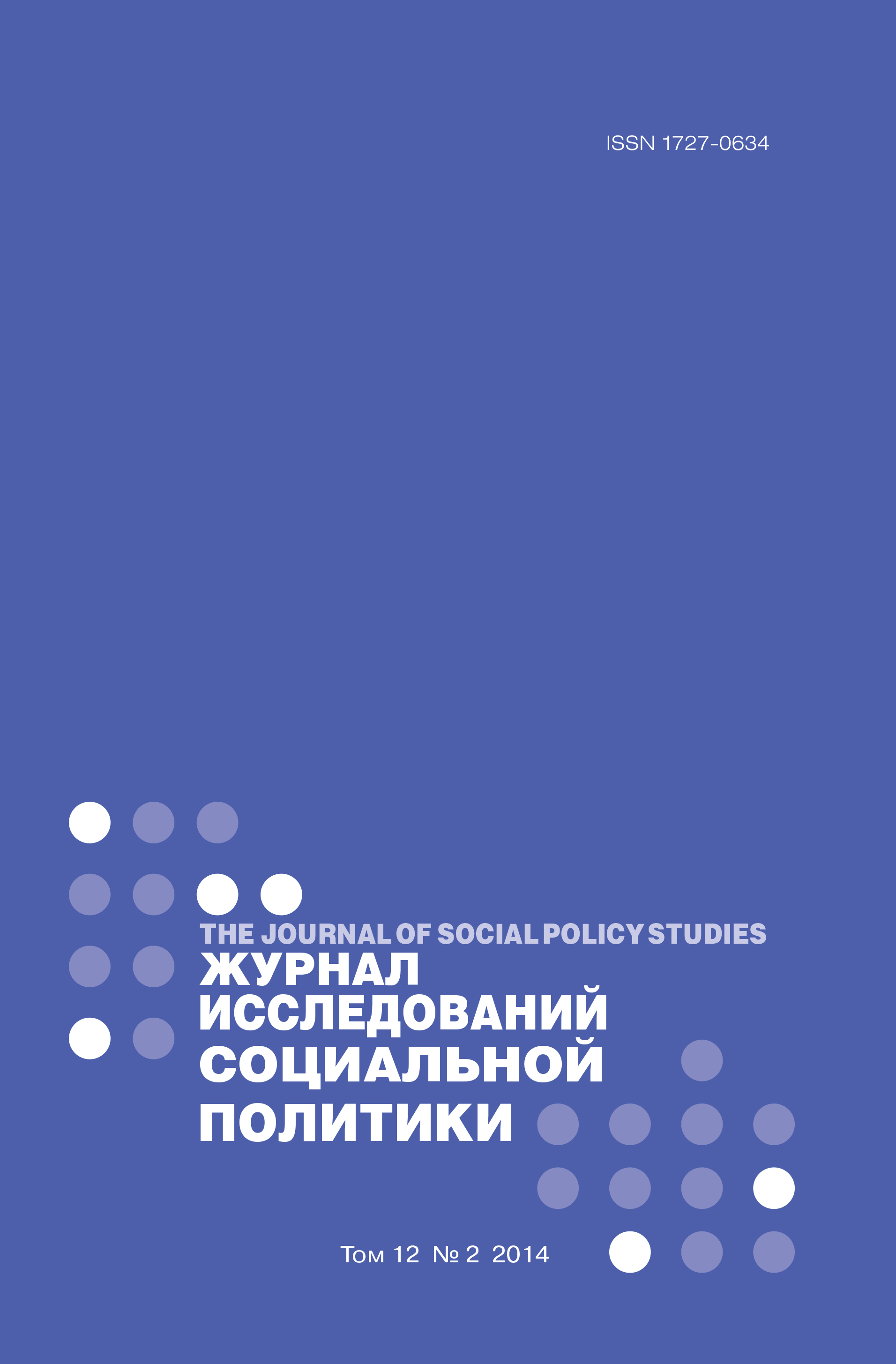"Constructive" and "Protesting" Movements as a Source of Social Change in Practices
Abstract
In sociology, scholars often focus their attention on changes and innovations and, in many cases, categorise them as deviations (R. Merton, T. Parsons). It is also a problematic issue to look at how people or institutions adapt to innovations. This latter question is related to the activation or culmination of an internal cultural conflict or controversial socio-cultural patterns. This aspect is the initial focal point of this research that focuses on the practices of producing social innovations that emerge as a result of citizens’ activities. We distinguish a group of "social innovators" from other types of civil activists. We define "social innovators" through (a) their ability to influence current norms found in existing practices and institutions; and (b) their ability to create community networks. These characteristics are taken as a base for a typology that aims to define potentially viable forms of social innovation by distinguishing the functional specifics and role positions of social innovators without the opposition of "constructive" and protesting forms of activism. We believe that the proposed types can be viewed as combinations merging with each other. However, this typology does not only provide a description of "ideal types" of social innovators; it also provides social innovators with an insight to the costs and benefits of shifting from one position to another or combining a number of these positions.















